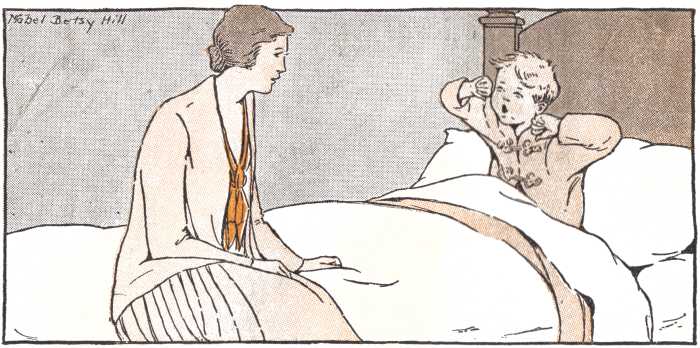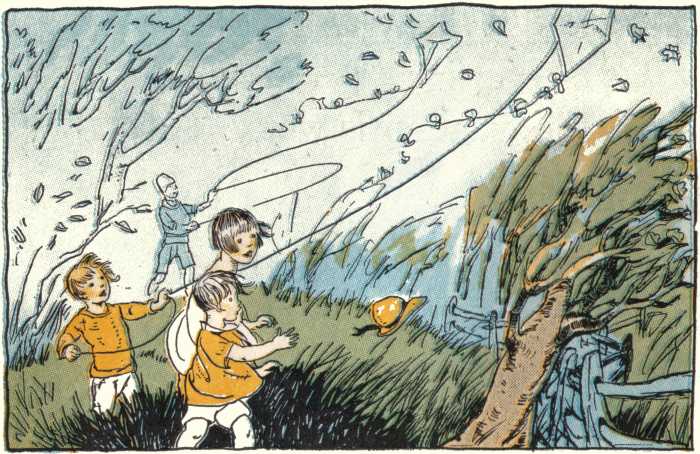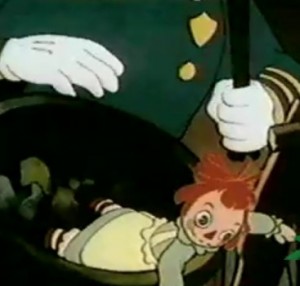
Cecilia Leibovitz in our comments section:
Today I noticed a small box of books that had been left out at the curb of a thrift shop here in Vermont. All but two were children’s books printed prior to 1985.
Feel free in comments to add your sightings, positive or negative, of what is happening in the world of kids’ resale. (More: Bookseller Nora O’Neill took six boxes’ worth of kids’ books off the shelves in her store, retail value $2,500, and is not happy about that: “Yes, Alexander, it is a Terrible, Horrible, No Good, Very Bad Day.” She also has an earlier post).
Some reactions to my coverage of the threat to pre-1985 kids’ books, both at this site and in my new opinion piece at City Journal: famed sci-fi writer Jerry Pournelle (scroll to Feb. 12), Justin Taylor/Between Two Worlds, Series Books for Girls, Liberty Maven/DownsizeDC, Melissa Wiley, The Catholic Bubble, Carter Wood/ShopFloor, and Ella’s Deli. I also got a very nice note from Michael S. Hart, founder of old-text-preservation volunteer group Project Gutenberg, one of my favorite things about the Internet. And if you haven’t read Mark Bennett’s post at Defending People, linked earlier, go do so. (More: Dilettante’s Dilemma, Jeff Sypeck (test, toss, or evade?), Todd Seavey, International House of Bacon (“Again — the single worst piece of regulation in my lifetime”)).
Adapting a theme taken up by Deputy Headmistress, Love2Learn Blog has started a meme of “My Five Favorite Endangered Books” at risk of disappearing from the market under CPSIA. She makes the important point that even when pre-1985 children’s literature remains available in post-1985 reprint editions, the physical quality is often not the same: in many cases binding and paper quality is lesser, color illustrations missing or shrunken or rendered only in black and white, all of which can rob the works of their original magic. Wikipedia’s “Illustration” article is worth a look. Commenters at Common Room also suggest one group of public figures who might be prevailed upon to speak out against what the law is doing: namely, living authors of pre-1985 (and out-of-print/oop) kids’ books. It’s a group that would include some fairly big names and might get noticed in the press.
Public domain graphic: Grandma’s Graphics, Mabel Betsy Hill.
Filed under: CPSIA, CPSIA and books, CPSIA and resale, publishers



